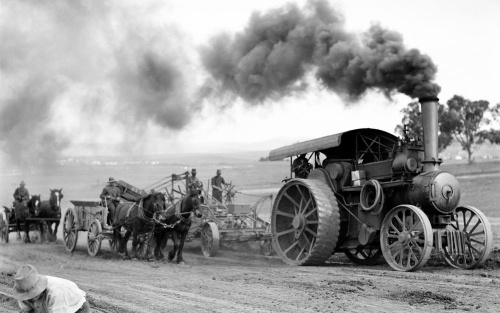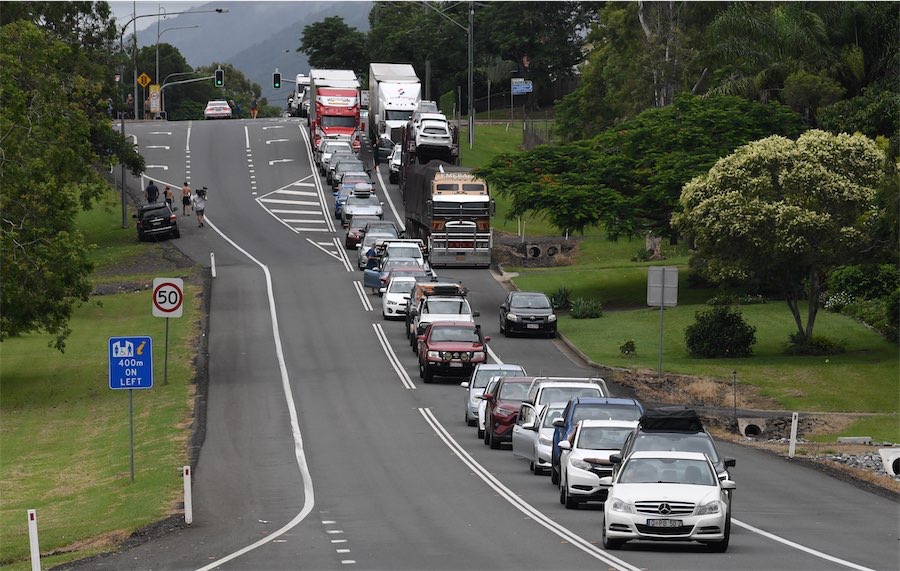JOY Burch and Andrew Barr have announced the Fowler 16161 traction engine (a steam train on road wheels) which helped build early Canberra is returning to the Capital and coming to a community event near you.
The Cultural Facilities Corporation and the Land Development Agency have secured the purchase of the Fowler 16161 engine with part funding of $180,000 from the Australian Government’s National Cultural Heritage Account, which helps to keep important items of Australia’s cultural heritage in the country.
“It is a real thrill to secure this important piece of Australia’s heritage,” Minister for the Arts Joy Burch said.
“This Leeds-manufactured engine was used between 1925 and 1927 to haul materials from the Kingston railhead and Canberra Brickworks for the construction of Parliament House.”
The 10m long, 19 ton engine is in excellent condition, but will require some restoration work before it returns to Canberra to go on display. It will be operated for special events.
Its ultimate home is yet to be determined, but the engine’s early links with the Kingston railhead and Canberra Brickworks make these sites forerunners.
“In recognition of the strong ties between the road locomotive and key urban renewal sites, such as the Kingston Foreshore and the Canberra Brickworks, the Land Development Agency has committed significant financial support to the purchase and restoration of this iconic piece of Canberra’s history,” Treasurer Andrew Barr said.
“The purchase and restoration of this locomotive provides a unique opportunity for Canberrans to see the type of machinery which helped to develop our city.”
In 1947 the Federal Capital Commission sold the road locomotive to Thomas Field who used it to clear farming land at Lanyon.
The Fowler engine left the region in the early 1950s when it was put to work to power a timber mill at Reids Flat about 170km from Canberra.
It then passed into the hands of Cowra-based steam enthusiast Bob McLeod in the early 1960s, who famously used it to recover a rail locomotive which had dropped into the Cowra turntable pit in 1966.
The engine was subsequently bought by a Sydney-based collector in 1976 from whom it is now being bought.
“This engine represents a unique and evocative link to our city’s past and will provide fantastic opportunities to engage locals and visitors with the story of Canberra’s creation,” Ms Burch said.
The ACT Government will work with key interest groups to ensure that the locomotive finds an appropriate home that celebrates its importance to Canberra’s construction history.
Discussions will also take place on the possible involvement of the ACT division of the Australian Historical Railway Society, which is based at Kingston, in the future life of the engine.
Who can be trusted?
In a world of spin and confusion, there’s never been a more important time to support independent journalism in Canberra.
If you trust our work online and want to enforce the power of independent voices, I invite you to make a small contribution.
Every dollar of support is invested back into our journalism to help keep citynews.com.au strong and free.
Thank you,
Ian Meikle, editor





Leave a Reply